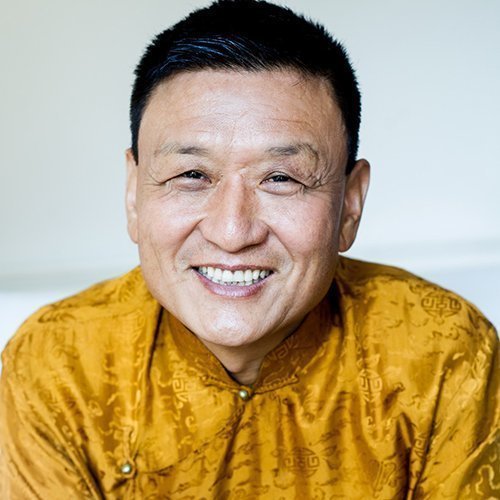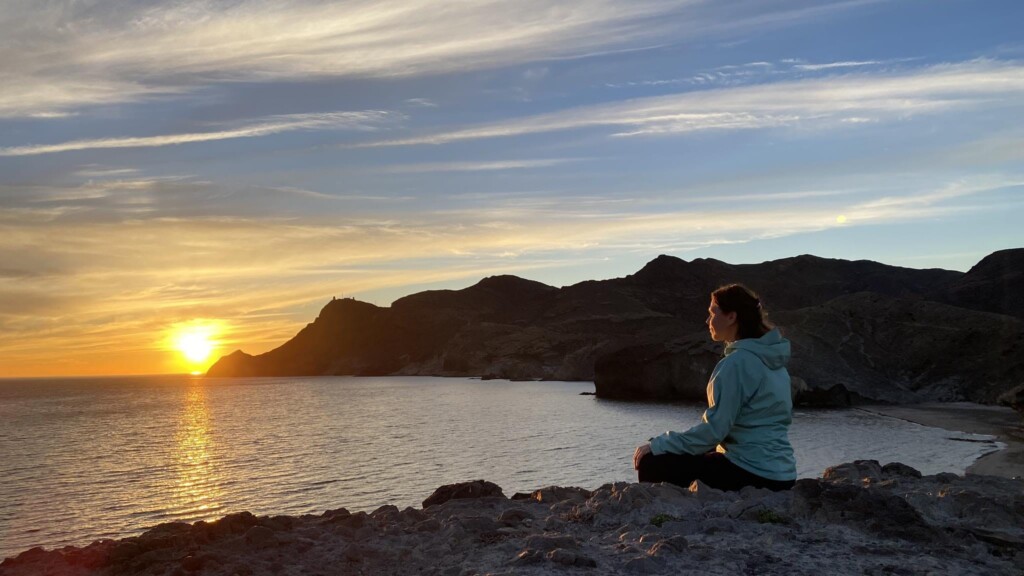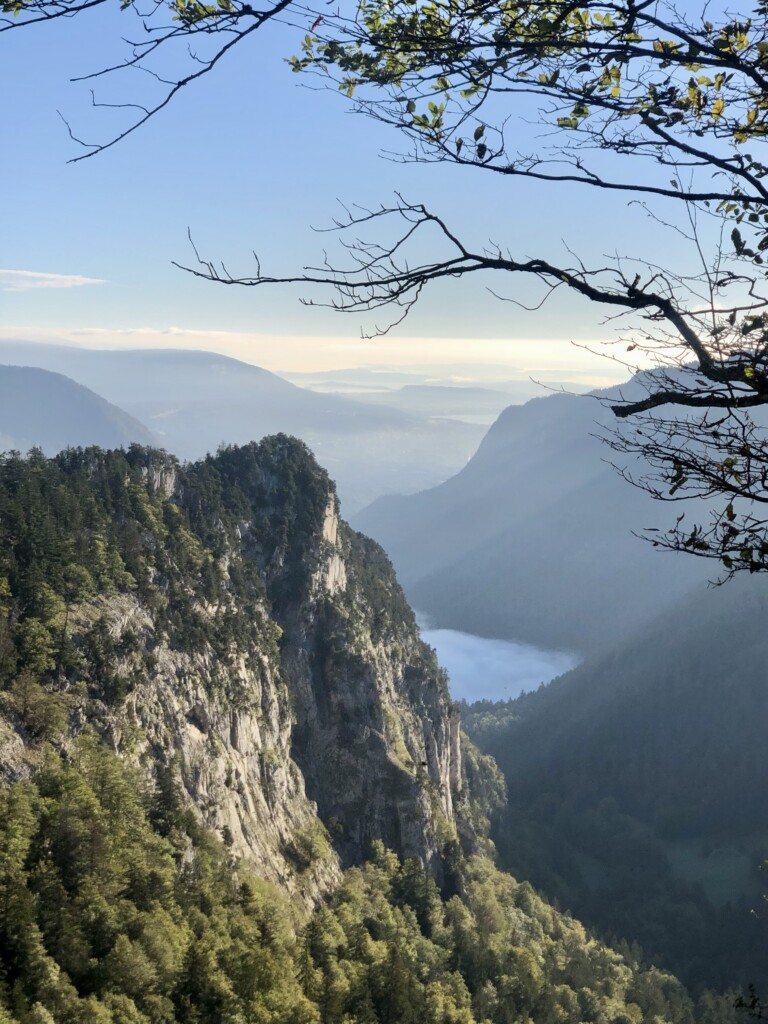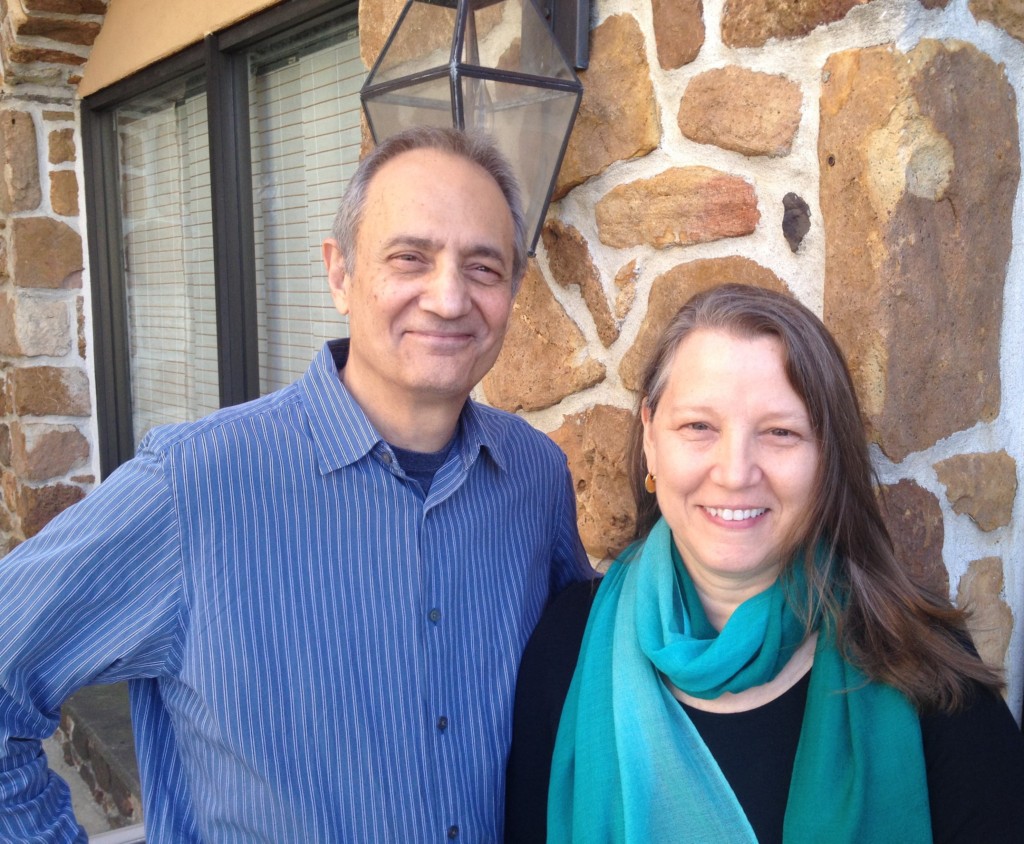An Interview with Raven Lee.
When Senior Teacher Raven Lee was in Hilversum, the Netherlands, for an evening talk about ‘Transforming Your Life through Meditation,’ Jantien Spindler and Ton Bisscheroux had the opportunity to ask her about The 3 Doors Academy.
Ton: How would you define The 3 Doors Academy?
Raven: It is an intimate setting where people are taught to go deeper through reflection and meditation in order to know who they truly are. In a warm environment, they are supported to speak freely and authentically of their inner experience. The word ‘Academy’ refers to a sense of ‘school.’ It is like a school where we receive instructions that enable each of us to discern who we are and who we are not.
Ton: Can you explain who we are not?
Raven: Deep within us is an authentic essence, and many of us growing up have glimpses of it. But then we are taught by our families, our culture, and our human condition to create an identity for survival, in order to fit in. And that identity causes us to react, rather than to say: “This is not who I truly am.” That identity is not our true identity. It arises from our conditioning, the need to follow or rebel against rules, and is a reaction to what is happening in the external environment. The 3 Doors training creates opportunities to discover the true essence within each of us, the unchanging, open, innate awareness of joy, love, compassion, and peace. When we connect with our authentic presence, positive and healing qualities spontaneously arise.
Ton: I can feel it when you talk about it.
Raven: What do you feel?
Ton: It feels like my heart is open. I feel present, focused, and there is an openness. And also, I don’t know who I am.
Raven: Yes, it is like that. When I am in that open awareness, the one that asks: “Who am I, what should I do?” disappears. There is just that spaciousness. And in that spaciousness is this genuine warmth that spontaneously arises. That does not mean that sadness will not come. But underneath the sadness is a sweetness that never goes away.
Jantien: For me it is really touching. When I am listening to you I feel warmth in my back, as if there is someone there. I remember Rinpoche’s words: “The warm, strong mother is behind you.” I feel safety and warmth, and from there I can face whatever is happening.
Raven: Exactly. I think that sometimes we go into meditation thinking it is about having no thoughts, without realizing that meditation is to help us transform our dualistic mind. That part of us that is grasping is also the doorway to enter into this spacious mind. And when we do it, it is impossible not to feel warmth. And we start laughing! In The 3 Doors Academy we have a lot of fun discovering the truth. Being a teacher of The 3 Doors Academy is one of the most humbling and heart-opening experiences in my life, because I get to spend time with people who trust, who strip away their defenses to be nakedly open and present to others, and who share so fully. We create lifelong relationships.
Ton: So once you enter, you don’t leave any more?
Raven: Well, it is your choice. You feel connected, and once you learn what is most important in life, you do not wish to go back to old habits. You know it works. It can be challenging when you meet a part of yourself that is really difficult. But even if you go away from this connection, it will still be there. You can try to turn your back on yourself, but it won’t go away. In order to go deep, deeper and deeper, to face parts of yourself that you may not even know are there, you need the support. We need to know that we are loved, not because we are perfect. We are loved because we are. But definitely, there is a choice. Would you like to taste The 3 Doors?
Ton: I have already been to 3 Doors Taste weekends, and they are really good experiences. I was amazed what happened in such a short time. But I can imagine that it is difficult for people who don’t have the experience to know what ‘presence’ means. Can you explain it?
Raven: We can sense when something feels tense. We can feel when someone says something that is not coming from the truth. But many of us may not have learned what is ‘presence,’ or may not feel we are truly loved. So to trust someone who says, “This is a group where love is there, presence is there.” How can you trust that? We are not asking people to trust that it is going to be there immediately, but it is about developing and becoming connected to a sense of presence, to sense this state of awareness. One feels that she is being witnessed and held when she speaks about her pain. Presence is a sense of warmth. It is the warmth of being witnessed. And I think that is why the program cannot just be a weekend meditation. It is a process where strangers come together and share a journey of discovery. But we are not really strangers, because everyone who joins the Academy is answering a call. Initially there is a sense of trepidation, but this dissipates quickly as we get to know one another. Presence is something that develops throughout the two and a half years of the Academy, and beyond. You sense the presence of refuge within yourself and within the group. There is healing power when you experience refuge in this way.
Ton: Is presence something you, as teacher, create, where the group can connect with?
Raven: For the teachers, it is about holding the space, facilitating, and guiding. Actually we do not create presence. As teachers, we introduce and guide the practices so that presence can be discovered and felt. It is always there. It is like the sun, which always shines. If there is mist obscuring the sun, we can clear the mist, and discover openness. So presence is open awareness and the warmth, the joy, the aliveness that spontaneously arises from this openness.
Ton: I find meditating on my own difficult. I do my daily practice, but I would like to have more structure to go deeper, and it seems impossible to do it alone.
Raven: Yes, I think you are very wise to come to that realisation. One of the reasons that Tenzin Wangyal Rinpoche developed his vision for The 3 Doors was that he saw how some of the students coming to his teachings for ten to fifteen years had not changed. Meditation means to train the mind. So there should be change. Through practice, we learn to transform the dualistic mind, or what you could call the dull, agitated, or disconnected mind, into the spacious, open mind. The 3 Doors Academy helps us to make this transformation. We work together as a group and there is a lot of support. Group support and practice helps one develop one’s individual practice. It’s not easy, but with the support of the group and the teachers, it gets easier.
Ton: When did you meet Rinpoche for the first time?
Raven: Oh, that memory always takes my breath away! I was born and raised Catholic, but in adulthood, I was drawn first to Vipassana and then later to Tibetan Buddhism. A friend of mine, who knows I am a Jungian therapist and work a lot with dreams, suggested I attend a book signing on Dream Yoga in Los Angeles. As soon as I saw Rinpoche there, my heart opened, and I knew that he was my root teacher. So, I went to his Dzogchen teachings that weekend and there was one empty seat right in front of Rinpoche. I sat there and looked at him, and it was like I was a child coming home to my mother. And when we started singing Guru Yoga I started crying. That is the spontaneous joy and the warmth of presence we have been talking about.
Interview by Jantien Spindler and Ton Bisscheroux
This article first appeared in Ligmincha Europe Magazine #15, Winter 2014-2015
Reprinted with permission.






